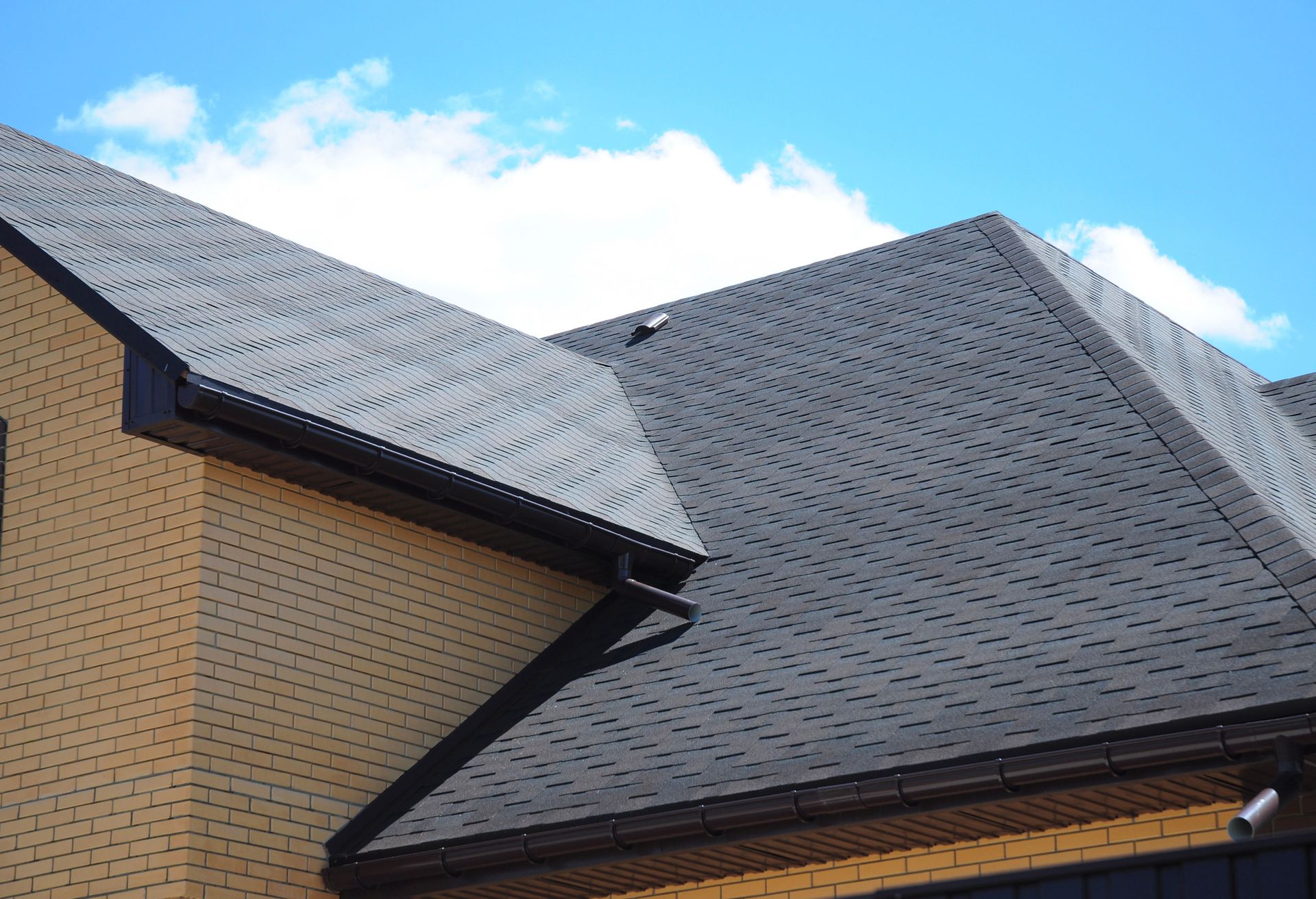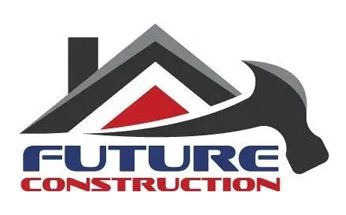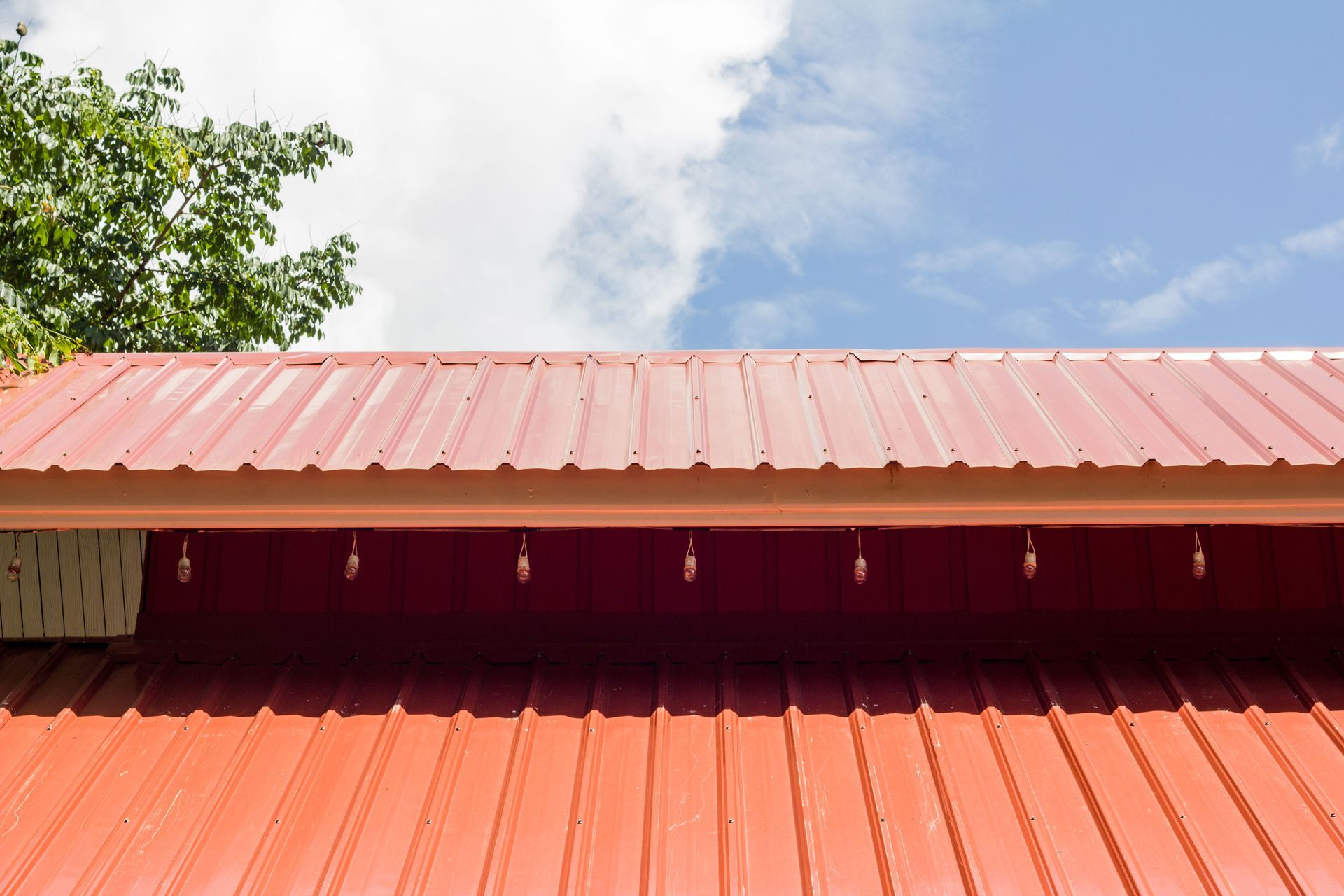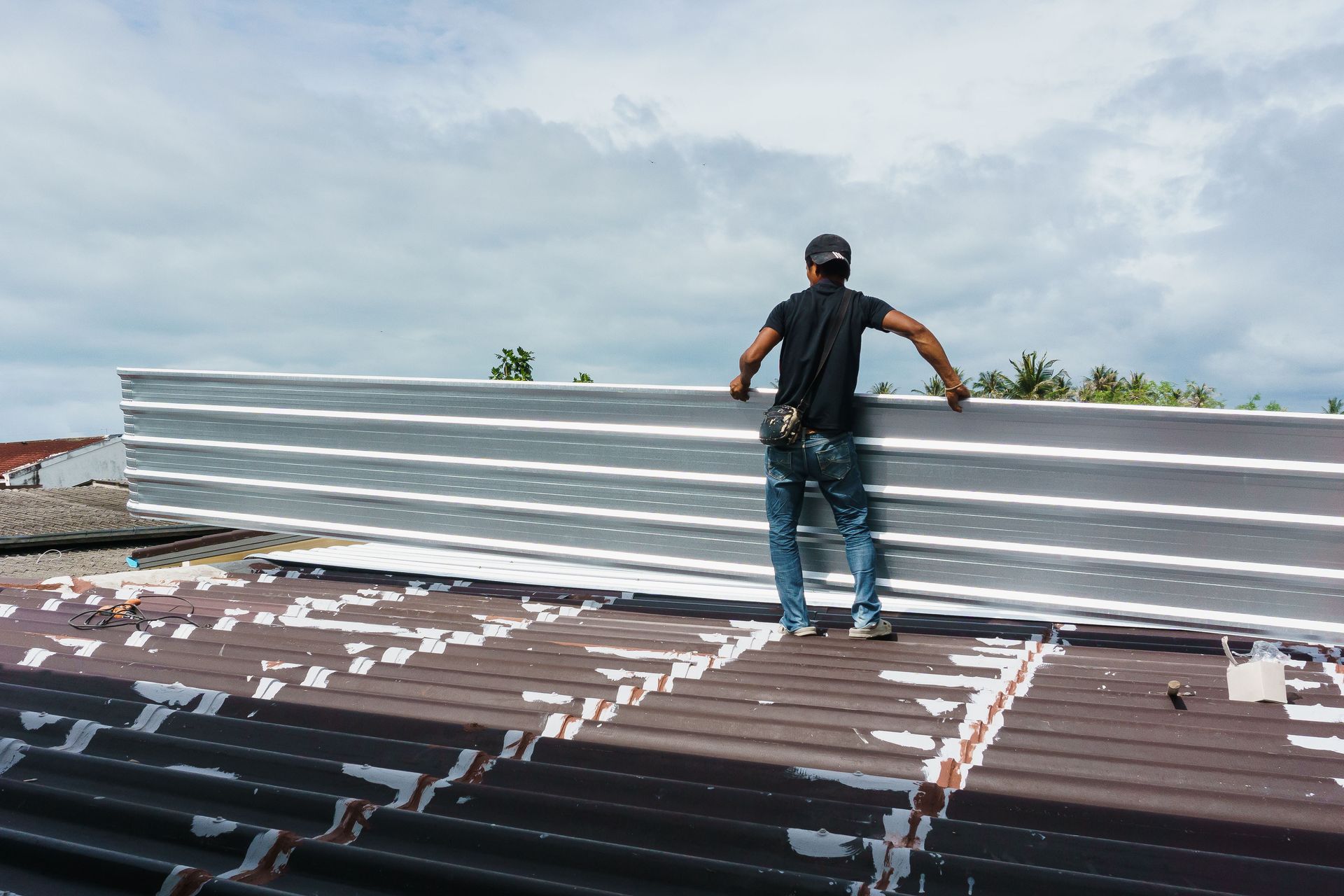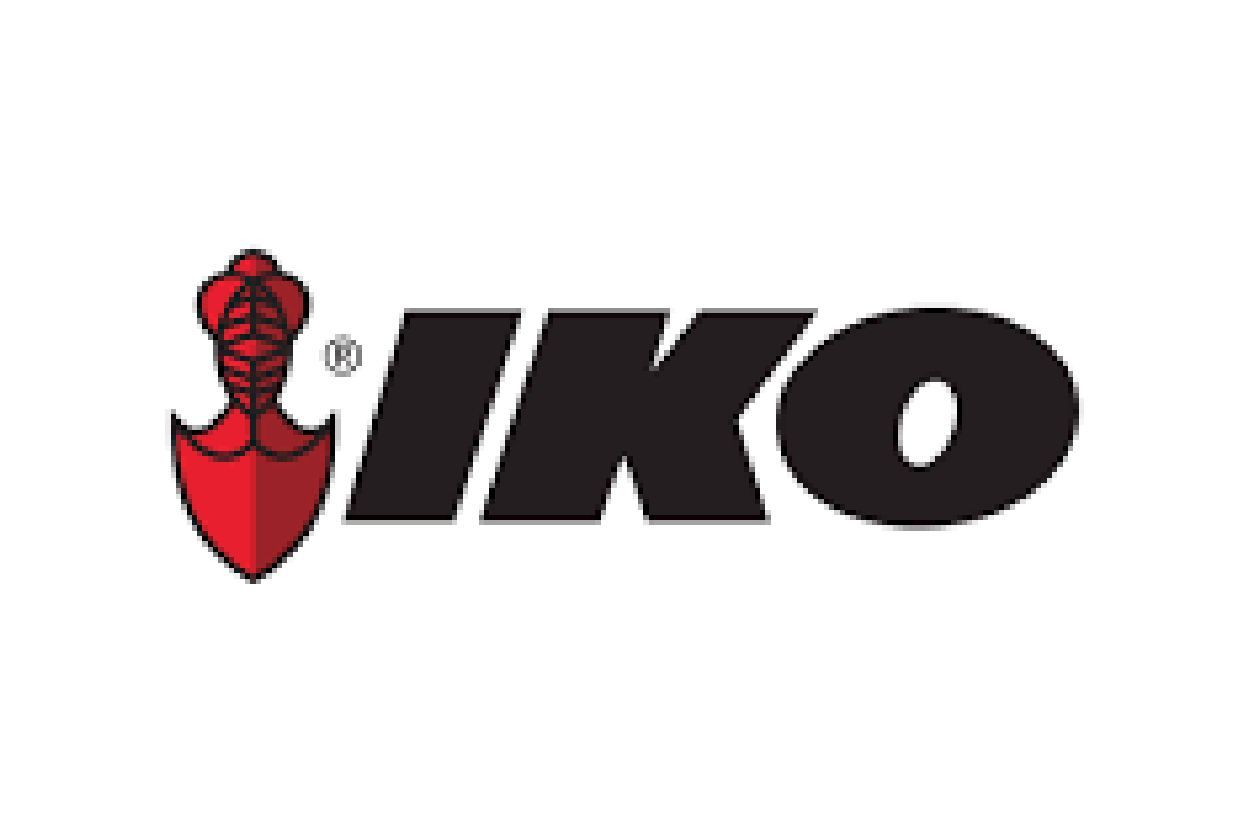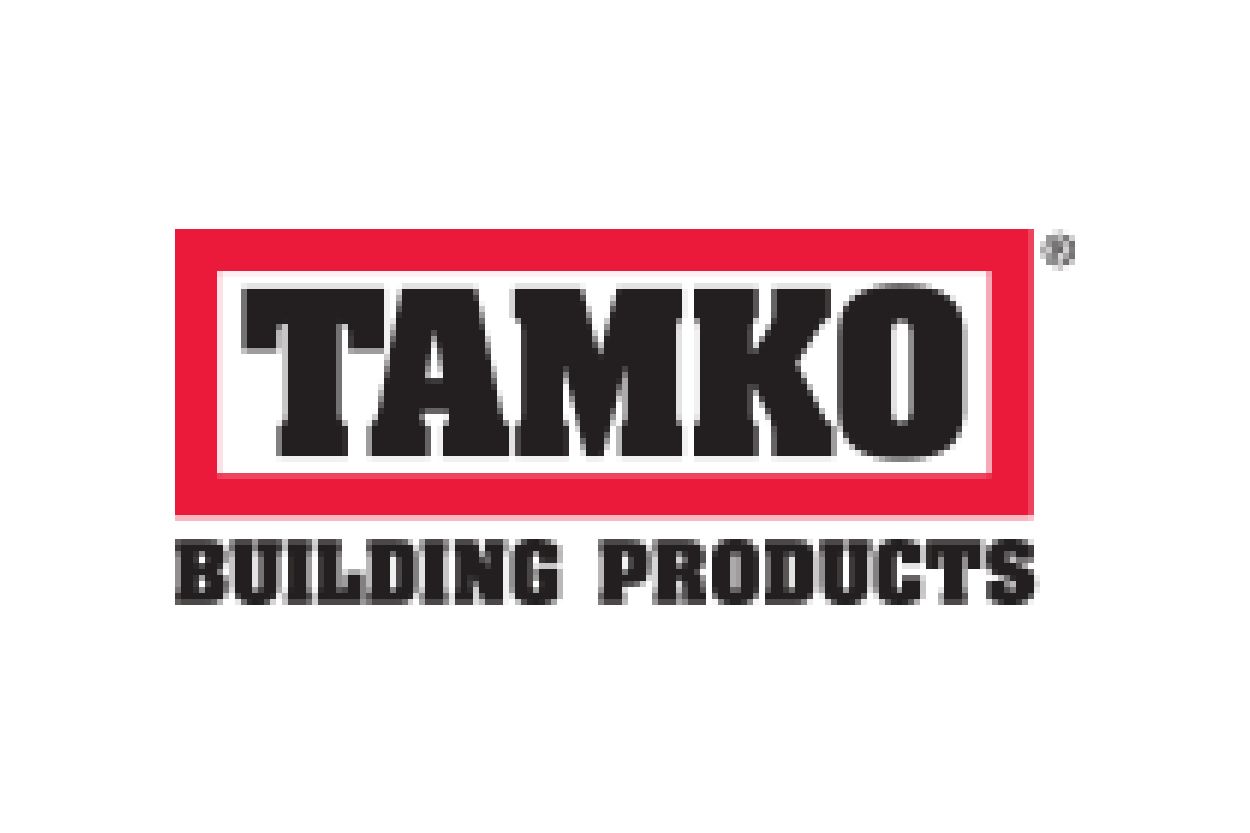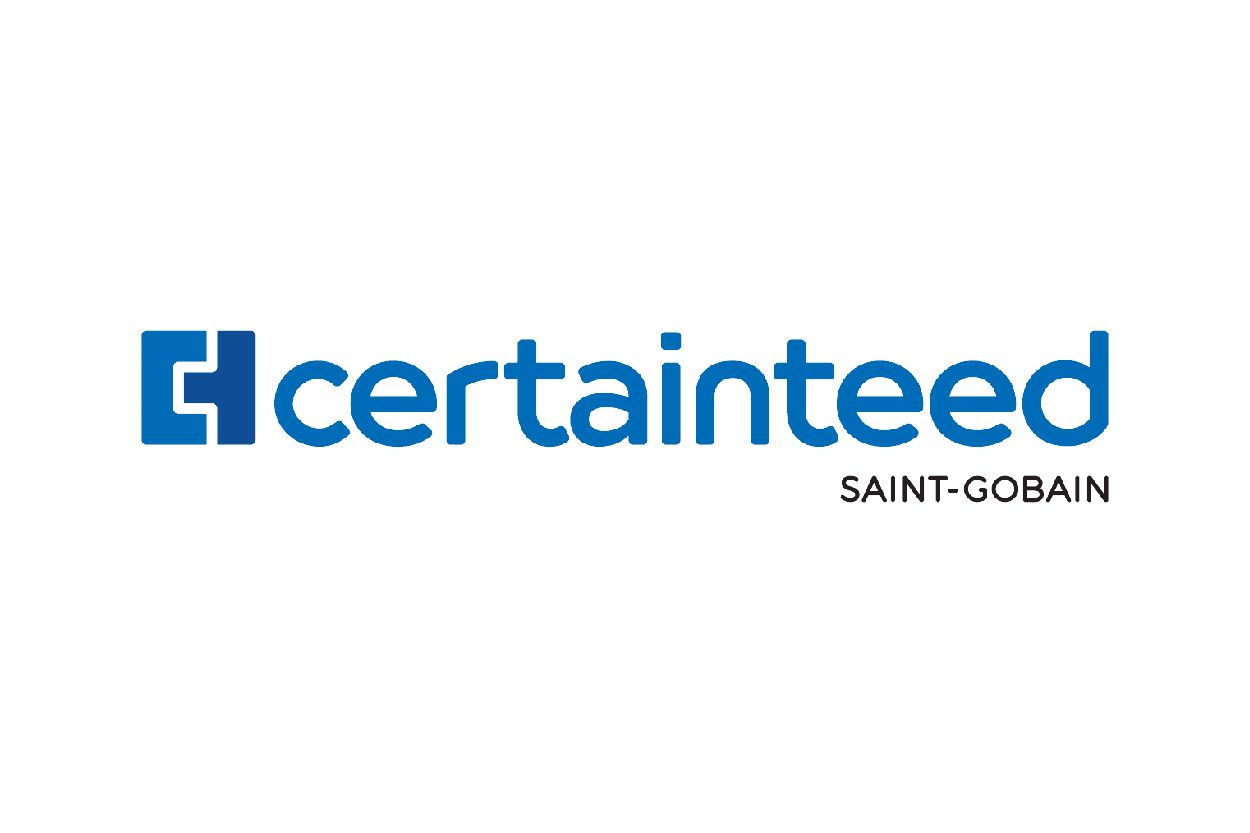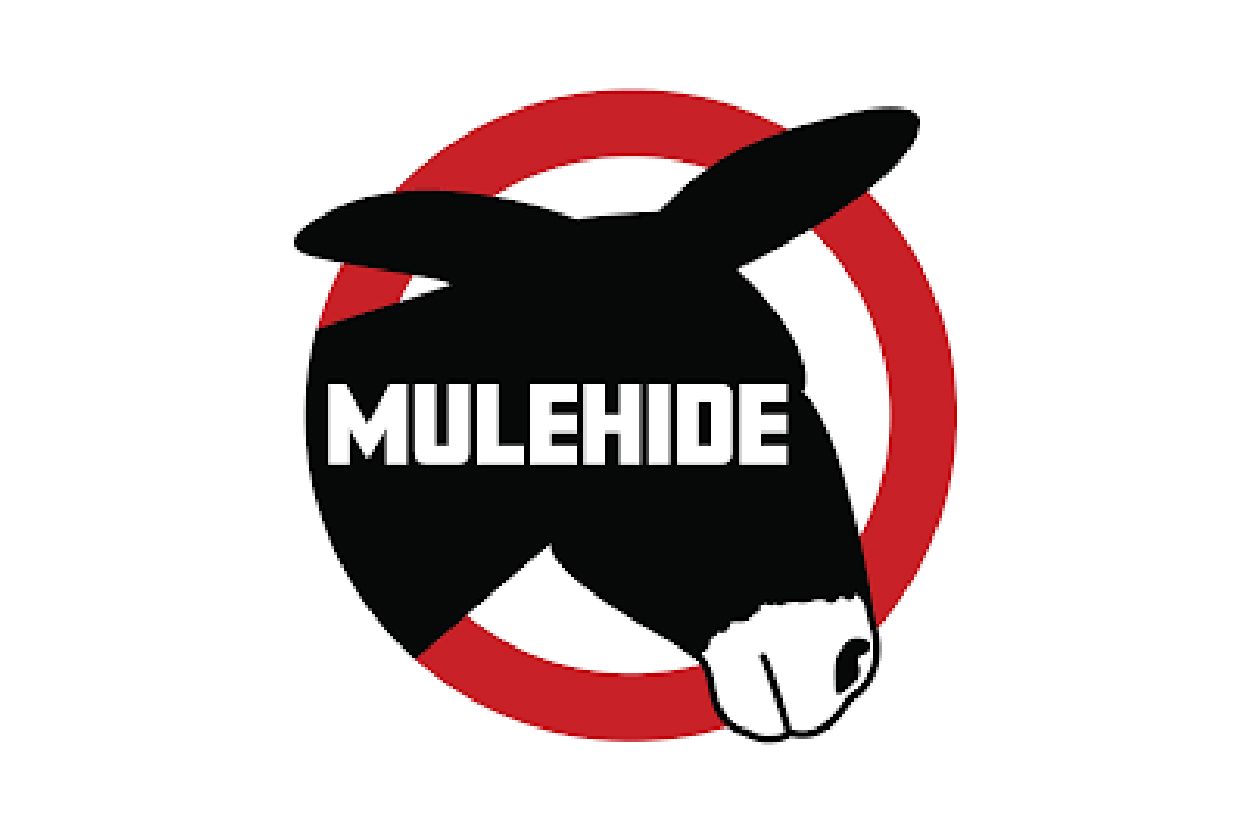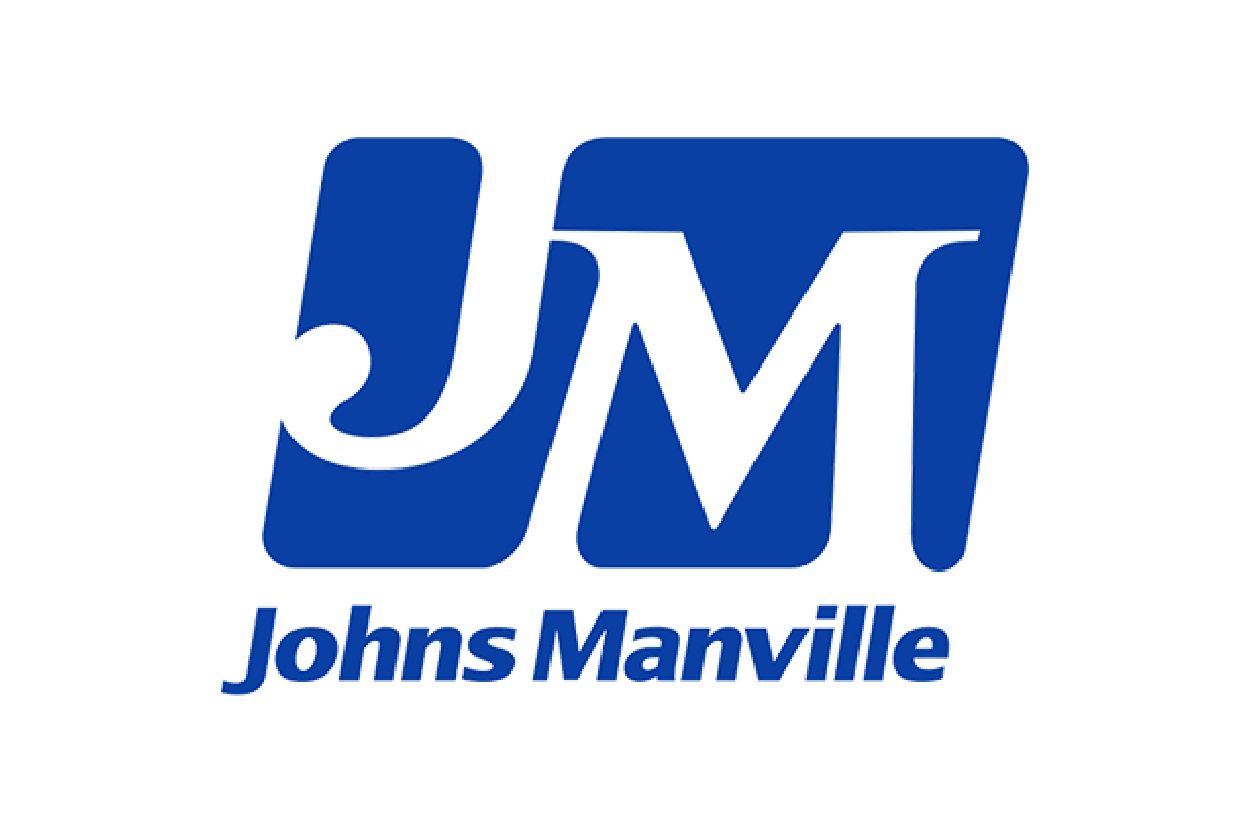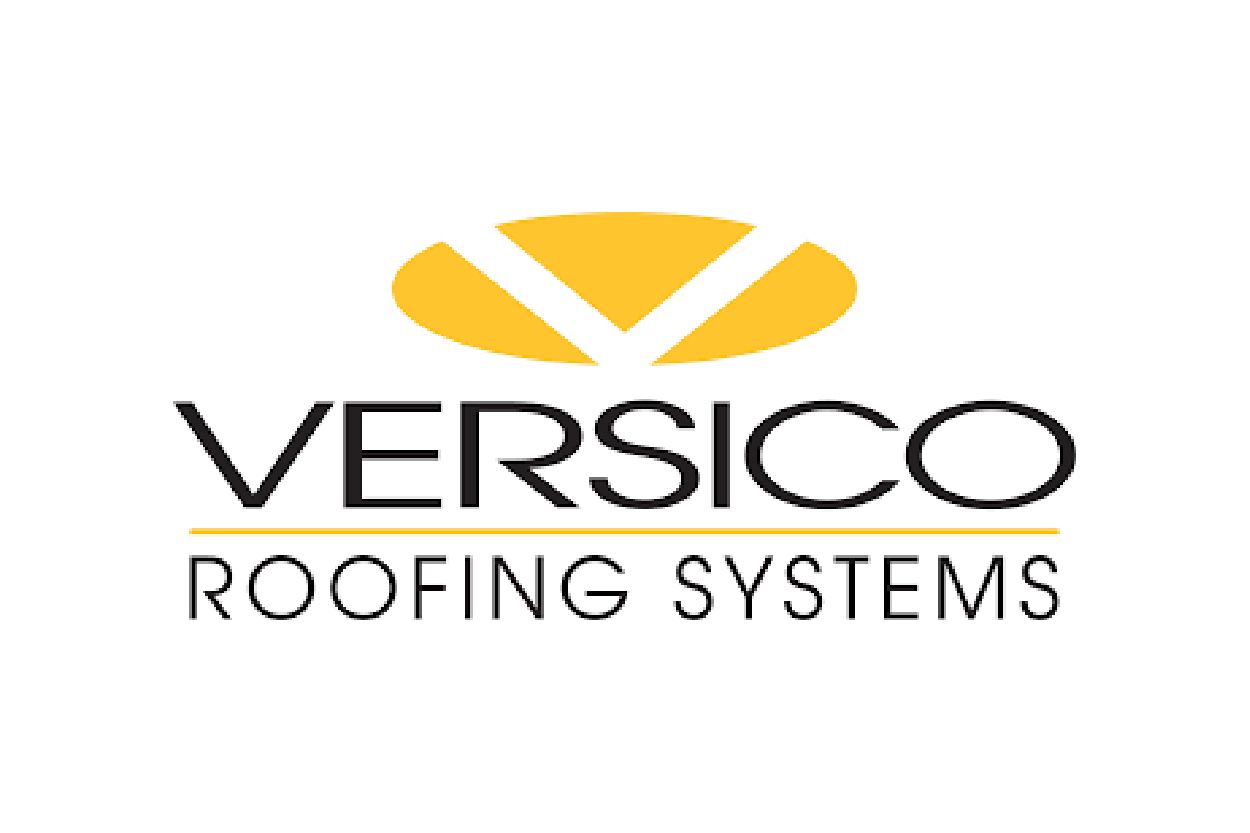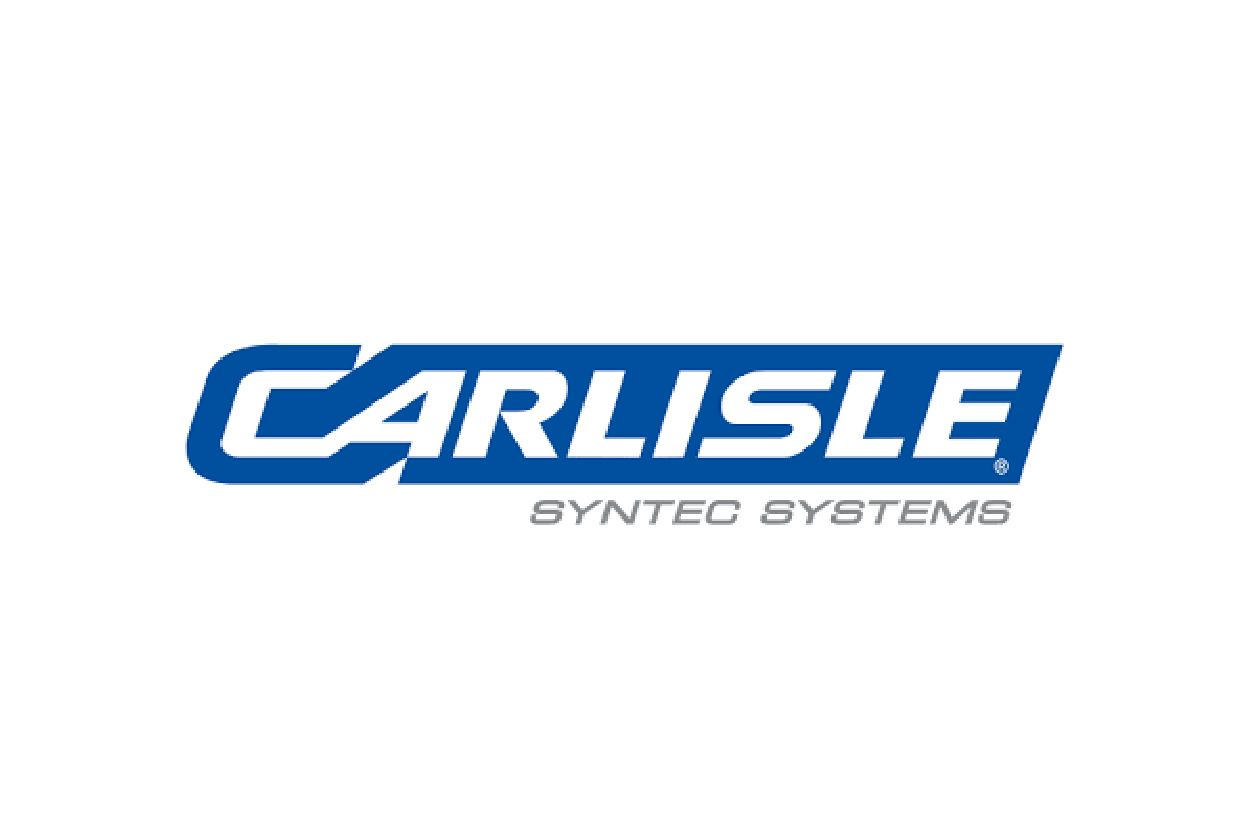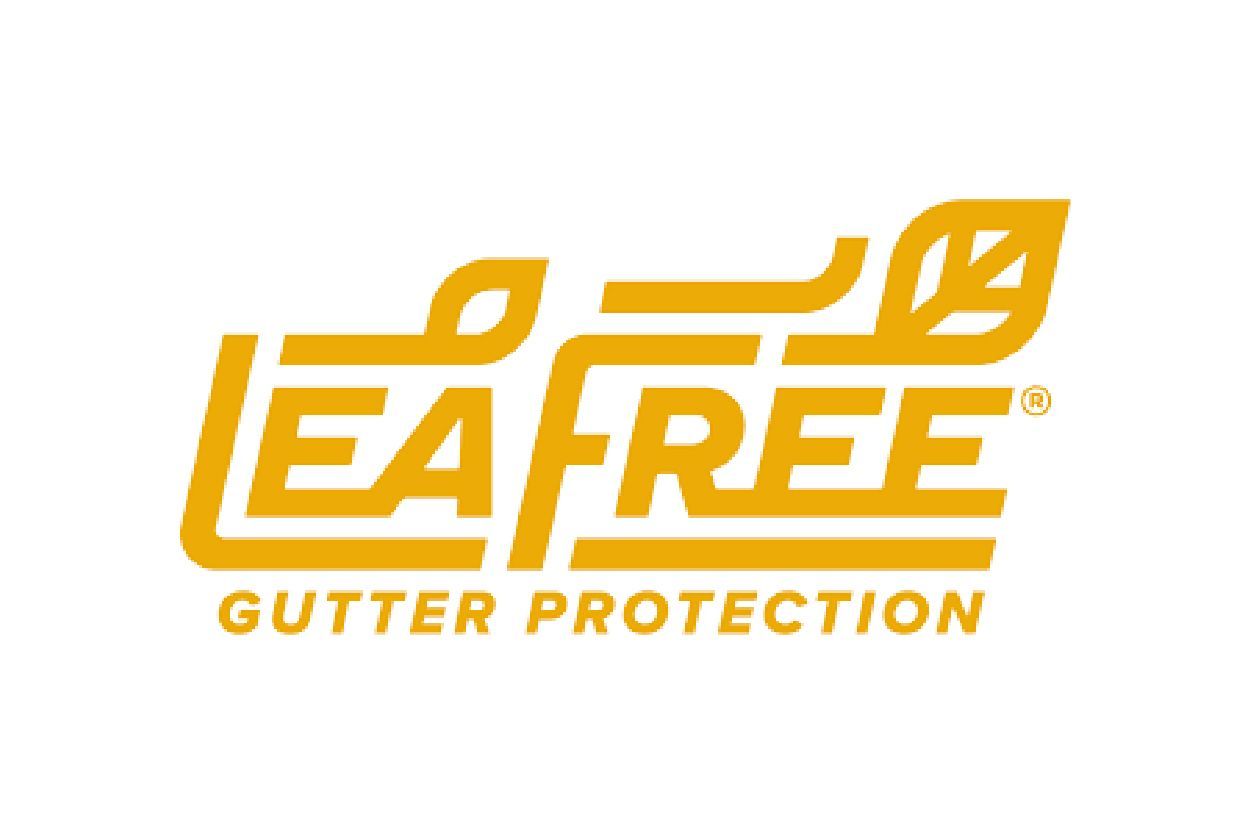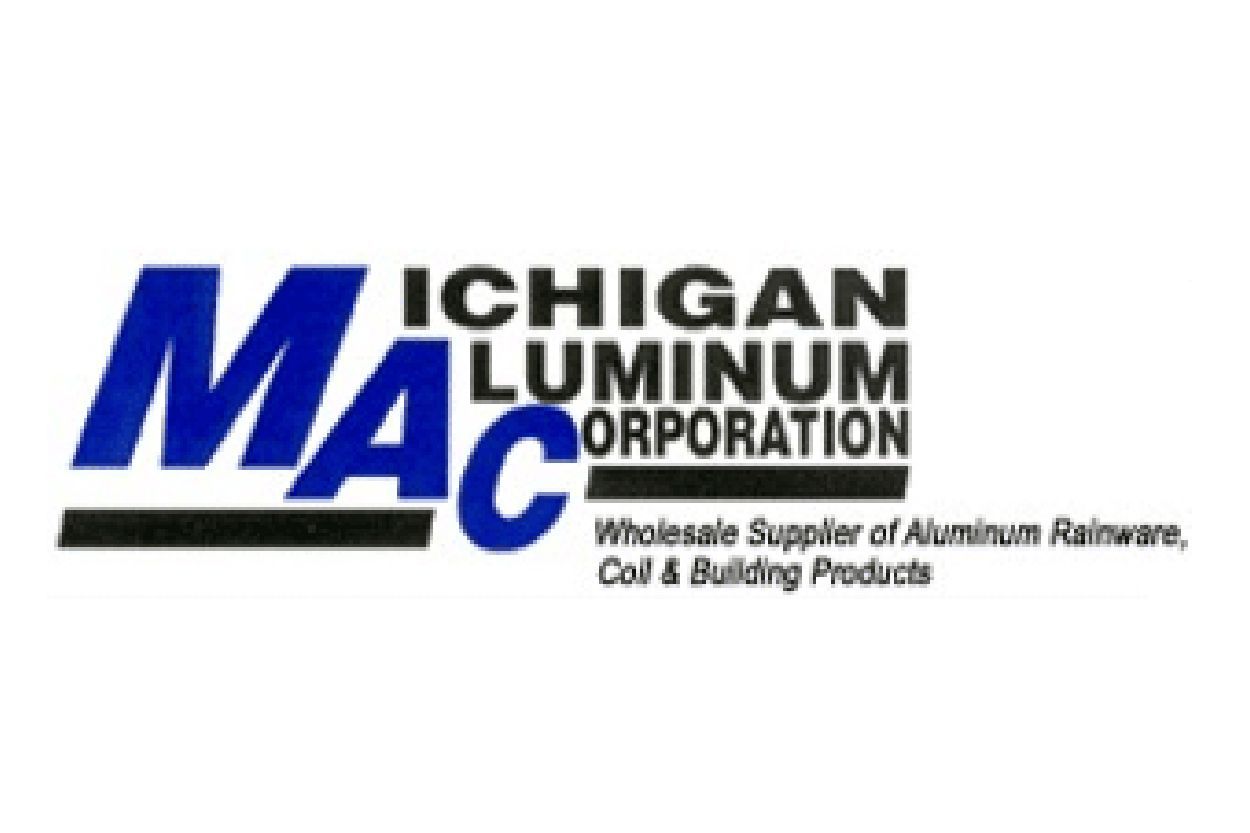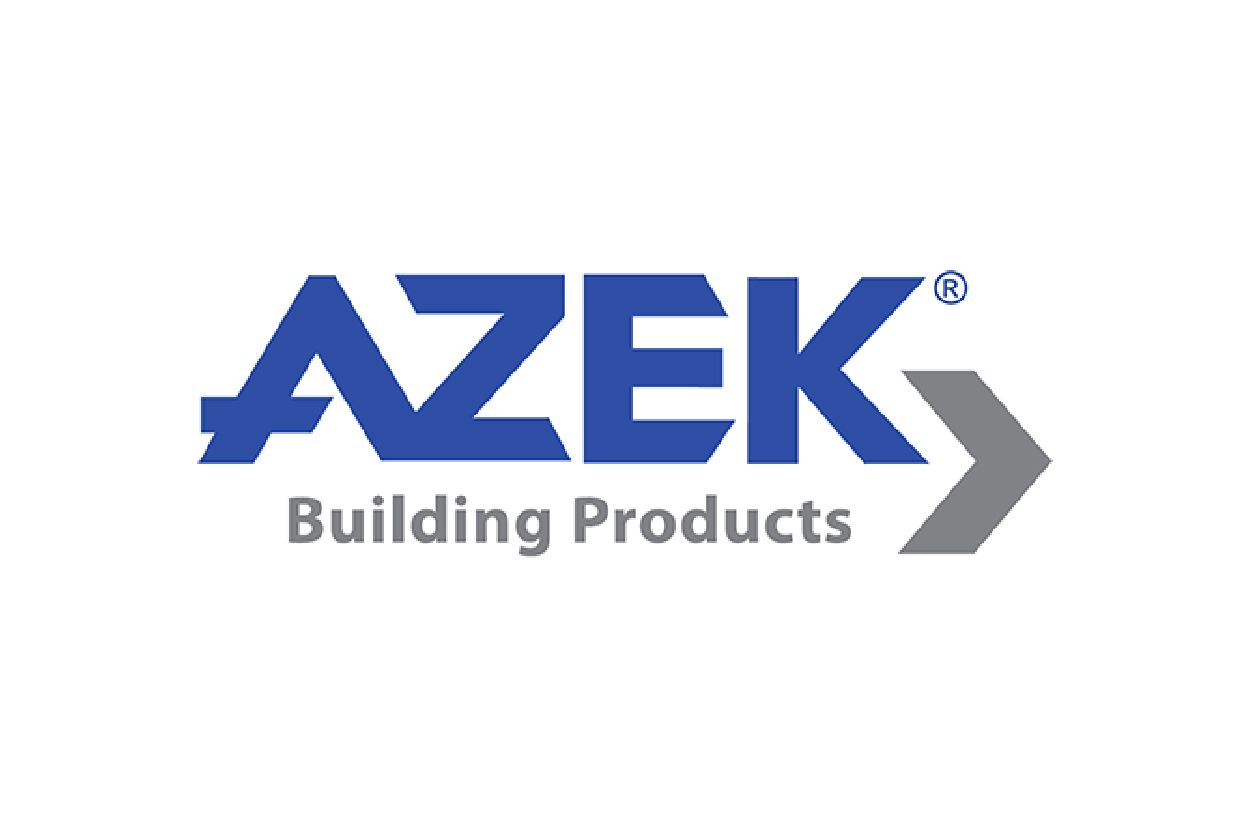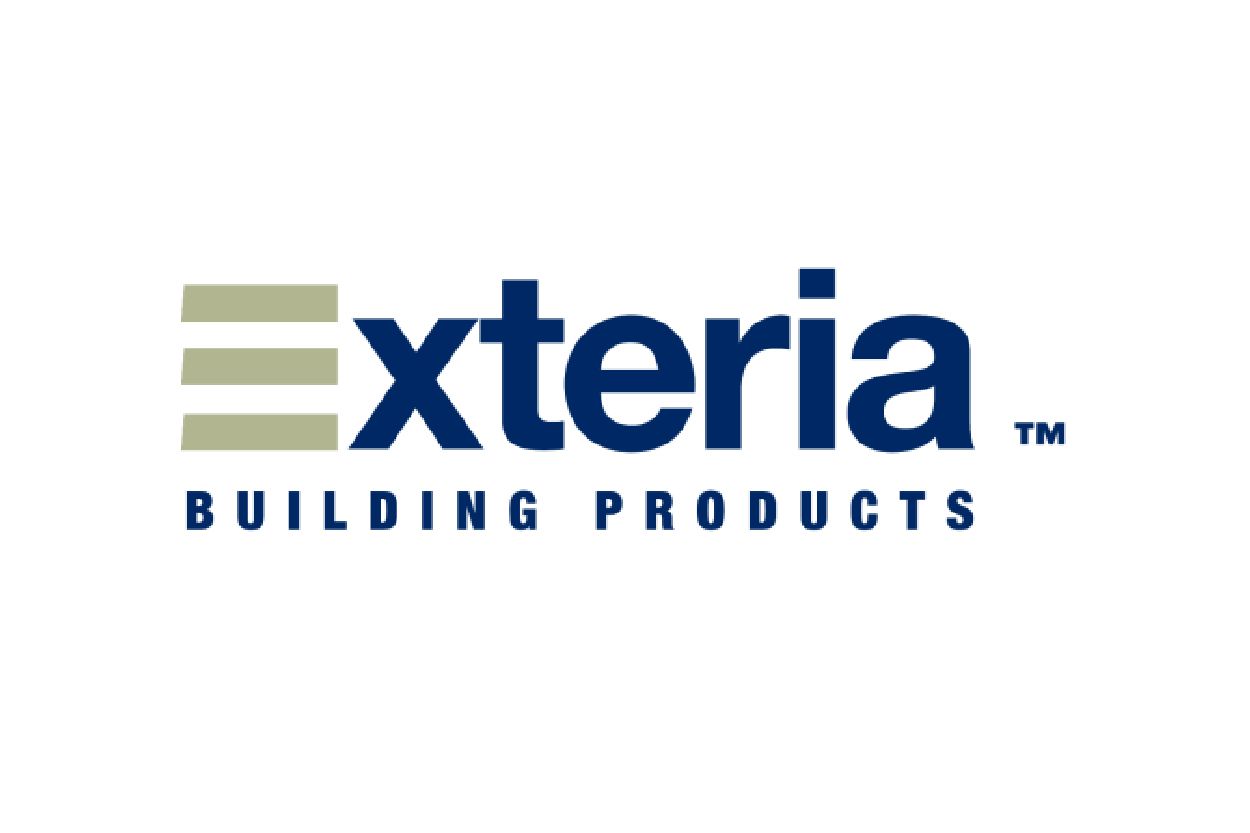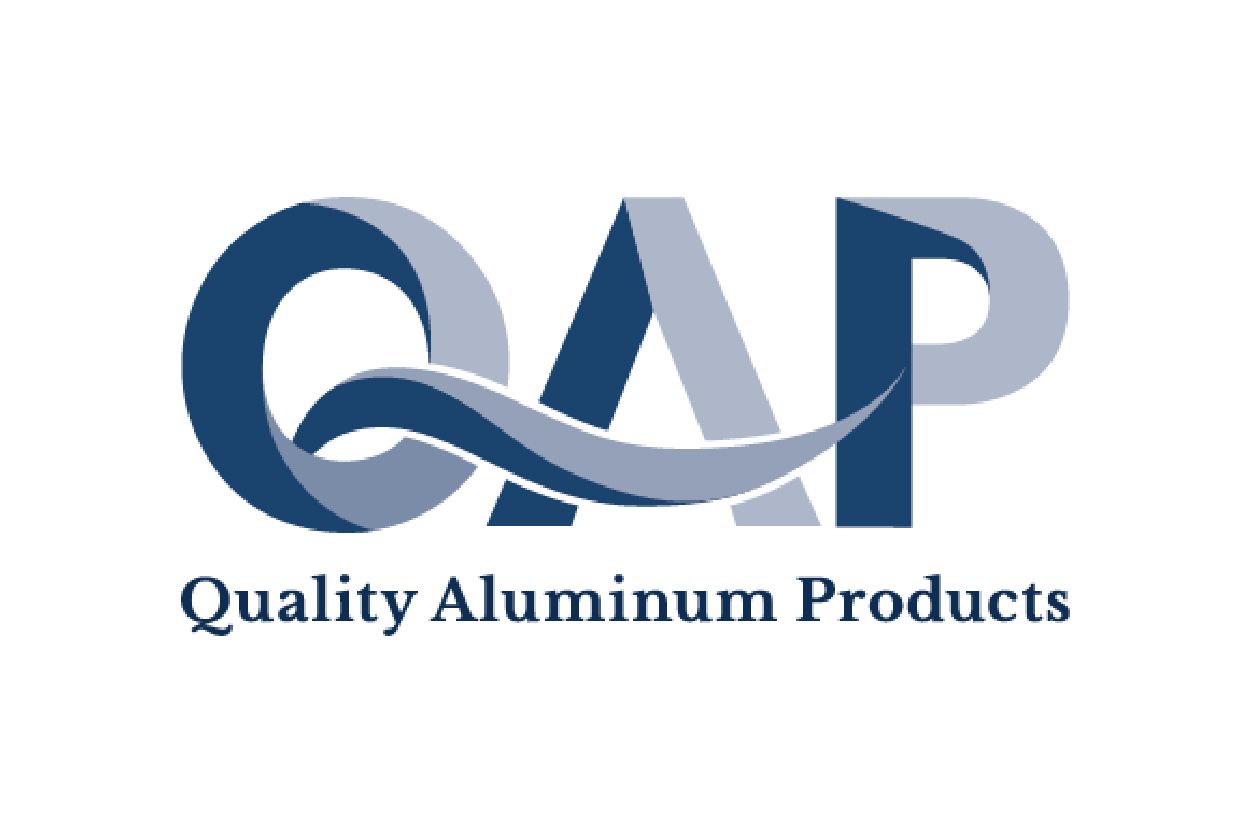August 30, 2025
Understanding the details of various roofing materials can greatly influence the durability and efficiency of your roof. A knowledgeable roofer can help you navigate the many available options by explaining the pros and cons of each material and how they align with your specific goals. Beyond protecting your home from the elements, roofing also plays a key role in enhancing curb appeal and boosting energy efficiency. With so many choices on the market, having expert guidance ensures you select the material that best fits your property's style, budget, and long-term needs.
Understanding the Benefits and Features of Asphalt Shingles
Asphalt shingles are one of the most popular roofing materials used across the United States, primarily due to their affordability. They offer a wide range of aesthetic options, allowing homeowners to choose from a variety of colors and textures that complement any residential style. Moreover, their ease of installation ensures that they are not only cost-effective to purchase but also to install, providing a quick roofing solution with minimal labor costs.
While asphalt shingles are an affordable option, their durability is moderate when compared to more premium roofing materials. Elements like UV rays, moisture, and temperature changes can affect how long they last. However, with proper maintenance and guidance from an experienced roofer, homeowners can significantly extend the lifespan of their shingle roof. For those looking to strike a balance between cost and performance, asphalt shingles often offer a dependable and cost-effective solution.
Asphalt shingles offer reasonable weather resistance, but their performance can vary significantly based on geographical location. In mild climates, they withstand standard weather conditions quite well, but in areas prone to extreme weather, they may not perform as optimally. High winds, heavy rains, and hail can cause wear and tear over time, requiring periodic inspection and upkeep. It's important to consider local weather patterns when selecting asphalt shingles to ensure they provide adequate protection. Despite these limitations, they remain a reliable choice in regions with moderate weather patterns.
The environmental impact of asphalt shingles is a topic of increasing concern among eco-conscious homeowners. While they are not the most environmentally friendly option, efforts are being made to improve their sustainability. Some manufacturers offer recycled asphalt shingles, which help reduce landfill waste and make the product more sustainable. Additionally, asphalt shingles can be repurposed after use, such as in paving materials, further reducing their environmental footprint.
The installation process for asphalt shingles is relatively simple and can typically be completed by a skilled roofer within just a few days. This straightforward approach helps lower labor costs, making it an attractive option for homeowners aiming to keep roofing expenses manageable. Regular maintenance, including inspections and timely replacement of damaged shingles, plays a key role in preserving the roof's integrity. With the help of a reliable roofer, the ease of both installation and upkeep makes asphalt shingles a convenient and dependable roofing choice.
Exploring the Advantages and Considerations of Metal Roofing
Metal roofing is available in a variety of materials, each offering distinct characteristics and benefits. Common metals used include aluminum, steel, and copper, each lending its unique strengths to roofing applications. Aluminum is lightweight and corrosion-resistant, making it ideal for coastal environments. Steel is known for its strength and durability, providing robust protection even in harsh weather conditions. Copper, though more expensive, offers an unparalleled aesthetic appeal and longevity, often outliving the building it covers.
One of the key advantages of metal roofing is its impressive longevity. According to This Old House, metal roofing can last between 40 and 70 years with proper maintenance. A knowledgeable roofer can help homeowners choose the right type of metal roof to withstand local weather conditions such as high winds, heavy snow, or extreme heat. This durability not only provides superior protection but also reduces the need for frequent repairs or replacements. As a result, metal roofs offer long-term savings and make a smart, lasting investment for property owners.
While the initial cost of metal roofing is higher than that of asphalt shingles, the long-term financial benefits can justify the investment. Metal roofs can save homeowners money over time through reduced maintenance costs and energy savings. The reflective properties of metal roofing contribute to energy efficiency by reducing cooling costs, particularly in hot climates.
Metal roofing offers excellent energy efficiency, making it a smart choice for homeowners looking to manage heating and cooling costs. A professional roofer can install metal roofs with reflective surfaces that deflect solar heat, helping to keep homes cooler during hot months. In colder climates, metal's efficient thermal transmission helps retain warmth, contributing to consistent energy savings throughout the year.
Metal roofing offers a wide variety of aesthetic options, catering to different architectural styles and personal tastes. Homeowners can choose from a range of finishes, including matte, glossy, and textured, as well as a spectrum of colors to match their exterior decor. Additionally, metal roofing can be shaped into panels or shingles, providing further customization. This versatility allows metal roofs to complement both modern and traditional home designs effectively.
Reviewing the Benefits and Characteristics of Synthetic Roofing Products
Synthetic roofing products, though relatively new, have gained popularity for their versatility and innovative design. Technology advancements have led to the development of synthetic options like rubber, plastic, and polymer-composite materials. These materials not only achieve superior looks but also deliver significant durability and weather resistance. Synthetic roofing provides innovative solutions for those seeking a blend of modern technology and classic design appeal.
Synthetic roofing provides several advantages, including versatility, lightweight construction, and a more affordable price point compared to natural materials. Designed to resist harsh weather conditions like wind, hail, and heavy rain, these roofs offer dependable protection for homeowners. While some may find that synthetic materials lack the authentic texture of natural alternatives, a skilled roofer can help select high-quality options that closely mimic the real thing.
Synthetic roofing products provide a cost-effective solution that combines affordability with practical benefits beyond just appearance. Their lower material and installation costs make them a popular choice for homeowners working within various budgets. This combination of durability and low upkeep makes synthetic roofing an attractive option for many residential projects.
The durability of synthetic roofing materials ensures that they hold up well in various environmental conditions. Many synthetic products are engineered to resist fading, cracking, and warping, extending the roof's life span and reducing maintenance needs. Routine care is straightforward, often limited to regular cleaning and inspection to ensure optimal performance.
Synthetic roofing products are developed with sustainability in mind, offering several environmental advantages. Many are constructed from recycled materials, providing an ecological benefit by reducing waste. The energy-efficient manufacturing processes and lightweight design contribute to a lower carbon footprint. Although synthetic products are still developing, ongoing advancements focus on enhancing their sustainability and overall environmental friendliness.
Choosing the right roofing material is a critical decision that affects both the functionality and visual appeal of your home. A trusted roofer can help you weigh the pros and cons of each option, ensuring you select a material that balances durability, aesthetics, and budget. By considering factors like quality, long-term value, and environmental impact, you can achieve a roofing solution that meets your specific needs and expectations. Contact Future Construction to discuss all of your roofing material options and find the one that fits your needs today.
